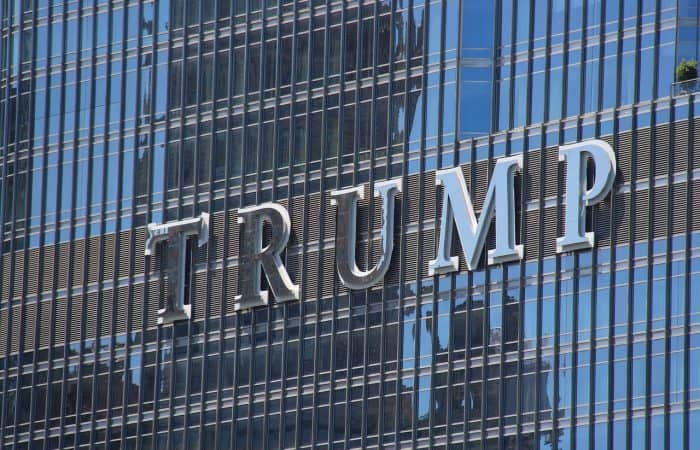Back in August 2018, the US withdrew from the Joint Comprehensive Plan of Action, commonly referred to as the ‘Iran Deal’ and re-imposed sanctions against Iran. By this, a wide range of commercial activities involving Iran became prohibited under US sanctions but they remained lawful in the EU.
In response to this, the EU updated Regulation 2271/96 (the “Blocking Regulation”). The aim of the Blocking Regulation is to counter the extra-territorial effects of foreign laws, such as the US sanctions against Iran, Libya and Cuba. It achieves this by prohibiting EU companies from directly or indirectly complying with the provisions of the blocked laws. This however leaves EU companies forced to navigate conflicting regulatory systems.
In this blog we discuss how the Blocking Regulation works and how EU companies can navigate between the Blocking Regulation and the blocked US sanctions.
How does the Blocking Regulation work?
The Blocking Regulation seeks to counteract and protect EU companies from the effects of blocked US sanctions in a number of ways:
- Strict information duty for affected EU companies
Article 2 of the Blocking Regulation explicitly provides that EU companies must inform the Commission within 30 days if their economic or financial interests are directly or indirectly affected by the blocked laws. This duty applies to directors, managers and others with management responsibilities. Most Member States have national laws in place that provide for penalties for breach of this duty.
- EU operators prohibited from complying with blocked sanctions
As the core of the Regulation, Article 5 prohibits EU companies from complying with the foreign laws listed in its Annex. The prohibition applies to any type of compliance, whether it is direct or indirect, through subsidiaries or intermediaries or other ways. This is particularly impactful on EU companies with US parent/subsidiary companies. Some examples of prohibited actions are decisions to terminate or refrain from certain commercial activities due to concerns over US sanctions. Other actions, such as applying for a license from US authorities exempting the applicant from compliance with blocked sanctions, are also prohibited under the Regulation.
In the case BMI v Telekom, the Court of Justice of the European Union (“CJEU”) recently clarified to what extent a party may be required to prove that its decisions were not based on blocked laws. We have discussed the implications of this ruling here.
- Right to recover damages caused by the blocked sanctions
Article 6 also grants EU companies the right to recover any damages that are suffered as a result of compliance with blocked sanctions. This means that EU companies that have complied with blocked US sanctions can be held liable by companies that have suffered a loss as a result of their compliance. Damages can be recovered before the national courts from any natural or legal person responsible for the compliance, as well as any person acting on behalf of, or as an intermediary for the company. The scope of potential defendants has deliberately been made broad in order to include not only those directly responsible, but also their representatives.
- Authorization to comply with US sanctions
The second paragraph of Article 5 provides the authorization mechanism for those instances where non-compliance with a blocked sanction would be seriously damaging to an EU company. When deciding on whether to grant an authorization, the Commission will look at a series of factors, including if the applicant is already subject to an investigation, if there is a prior settlement agreement with foreign authorities and the risk of economic loss or bankruptcy. Moreover, the Commission takes into account the applicant’s connecting links with the sanctioning country, including if the applicant has a parent company, subsidiaries or participating natural or legal persons that are subject to the sanctioning country’s jurisdiction. As seen in the CJEU’s ruling in the BMI v Telekom case, the use of the authorization mechanism is not only taken into account when determining if compliance with a blocked law was prohibited – but also when the court examines the penalty for a violation of Article 5.
- It prohibits recognition and enforcement of judgments giving effect to blocked sanctions
Certain duties are also imposed on the Member States. Article 4 of the Regulation prohibits Member States from recognizing or enforcing judgments, decisions and awards based on or resulting from the blocked laws.
What does this mean for EU companies?
While the Blocking Regulation does not force EU companies to engage in or continue commercial activities sanctioned by the US, it does however prohibit them from ceasing those activities solely because they have been sanctioned by the US. An important exception to this is if the EU company has obtained an authorization from the Commission to comply with the relevant US sanction.
EU companies should carefully consider the impact of US sanctions and the Blocking Regulation on their activities. It is crucial that companies affected by US sanctions are aware of which US sanctions that have been blocked in the EU and which US sanctions they can lawfully comply with.
EU companies affected by blocked sanctions should be aware of the strict duties under the Blocking Regulation as well as their options and rights, including the authorization mechanism and the right to recover damages. This is not only important for companies involved in activities that may conflict with US sanctions, but also for companies whose contractual parties have ceased to perform their obligations due to concerns over US sanctions.
More information
For more information on the Blocking Regulation, please contact our Trade, industry and logistics lawyers.




